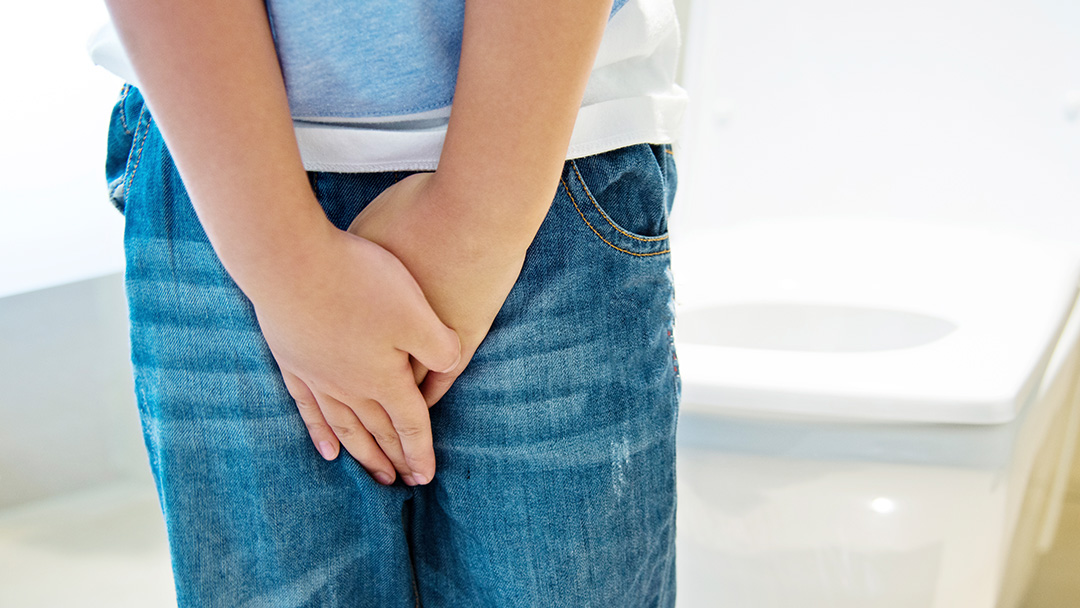
The overactive bladder includes urine urgency and urine incontinence. When a person is unable to control the flow of urine then this condition is called overactive bladder. Overactive bladder in children is highly troublesome. It all comes down to a parent managing this condition effectively. Children mostly leak during the night. It leaves a negative impact on the children’s development. When the kidneys produce urine, it is collected in the bladder. When the bladder is half or two-thirds full, it sends signals to the brain to alert the individual about the need to go to the toilet. Young children who are not toilet-trained fail to understand these signals and therefore, end up leaking.
Children mostly delay the need to go to the toilet and rush at the last minute when the urine is about to overflow. Sometimes the problem is not the laziness to go to the toilet but rather urine urgency in which the bladder suddenly squeezes out the urine before it gets full. This happens without any warning and a sudden need arises to go to the toilet. Young children usually end up wetting their beds when they wake up more than two times a night to empty out their bladders.
Signs and symptoms
Your child may give signals when they are feeling the urge to urinate like dancing around, jumping here and there. Apart from these signals, there are other strong signs as well:
- Sudden leakage during the day while being active
- Sudden urge to urinate but not actually passing it
Causes
There are several causes attached to the overactive bladder in children.
- Changes in daily routine like environmental change or the addition of a new family member
- Forgetting to go to the toilet and delaying it for other activities
- Illness
- Anxiety
- Carbonated drinks
- Nerve damage
- Urinary tract infections
Diagnosis
If your child is 7 years or older and experiences an overactive bladder then it is highly recommended to take your child to a pediatrician. The doctor may monitor the child physically to leave out any signs of constipation. Voiding tests can be conducted to measure the amount and rate of flow.
Treatment
This is a temporary condition and goes away when the child grows up. As a child grows up, he is able to control his bladder. The response rate is accelerated. First, non-medical strategies can be adopted to treat this condition.
- Bladder retraining
It includes making a schedule to urinate whether the child feels the need or not. Training the child this way will help them empty out the bladder at appropriate times. The child will pay attention to the body function.
- Double voiding
This method includes urinating after the first attempt again to completely empty out the bladder.
- Medications
If the above methods fail, the pediatrician may prescribe some medicines to treat the condition. Myrbetriq is a common medicine that is prescribed by the doctor in these cases. Myrbetriq 50mg price can be taken from the website of PricePro pharmacy which specializes in selling affordable medicines at cheap prices.
 2018 ·
2018 ·